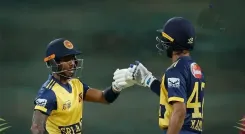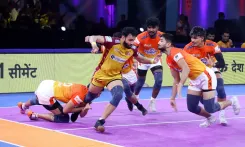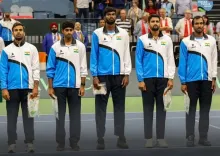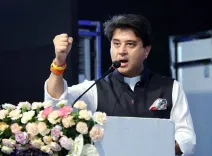How Should Young Athletes Plan for Life After Sports? Kapil Dev's Insight
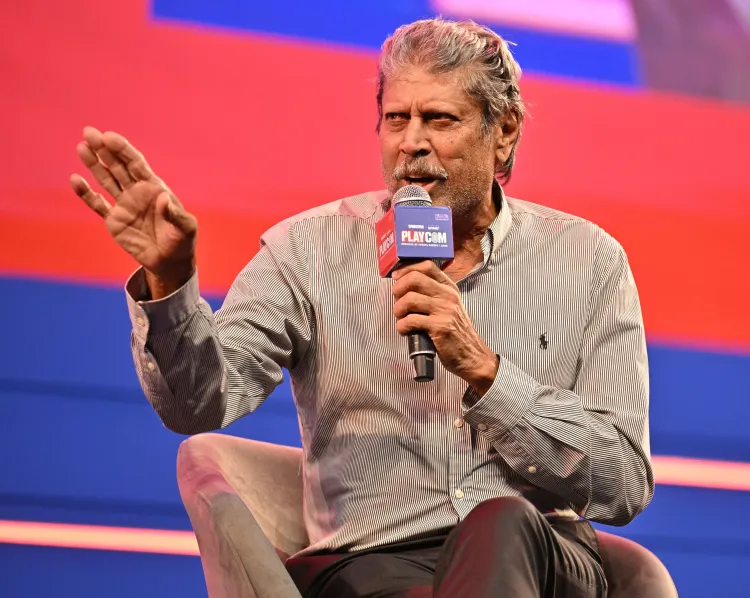
Synopsis
Key Takeaways
- Plan for life beyond sports to ensure a secure future.
- Maintain an open mind to learn from everyone around you.
- Build genuine relationships with sponsors and peers.
- Understand that differing opinions can lead to growth.
- Respect the experiences of senior players in your field.
New Delhi, Sep 13 (NationPress) Renowned Indian cricket figure Kapil Dev emphasized the necessity for all athletes to explore diverse career paths while they pursue their sporting endeavors, ensuring they adequately prepare for their futures.
While speaking at the 'Leadership & Life Beyond the Pitch' panel during the PlayCom 2025: Business of Sports Summit at Bharat Mandapam in New Delhi, the captain of the 1983 Men’s ODI World Cup-winning team remarked that athletes should continuously acquire knowledge from everyone around them, both in the locker room and beyond.
“An athlete's career typically concludes between the ages of 30 and 40. However, there remains another 40 years of life ahead. Thus, how does a sportsman strategize for life beyond active sports? This is, in my view, the most critical aspect,” stated Kapil Dev.
“When you’re at the pinnacle of your career, everything seems accessible. Yet, when that phase ends, uncertainty can set in. Therefore, I advise every sportsman to prepare for the future and advance in life. Remaining stagnant will hinder your growth,” he continued.
Dev shared a piece of wisdom imparted to him during his early cricketing days by a senior player.
“A simple yet profound statement was made to me: ‘Kapil, if you wish to achieve success in life, keep your eyes and ears open, even while you sleep.’ This is a vital lesson. Your duty as a player is to observe your captain’s actions, both right and wrong. One day, you may find yourself in that leadership position. Absorb the good and discard the bad,” he explained.
“Moreover, when you engage in cricket or any sport, cultivate friendships. Don’t merely view sponsors as financial sources; forge genuine connections. They can prove invaluable throughout your life,” he advised further.
Kapil also highlighted that athletes should not take differing perspectives on the field personally and should express their opinions for the betterment of the team.
“On the field, whether in a cricket team or the corporate arena, differing opinions are beneficial for progress. A variance in views does not equate to dislike. This understanding is paramount,” he emphasized.
“My approach was distinct from Sunil Gavaskar's. He came from a different era than I did, which influenced our thought processes. Discussions between us were never confrontational. Even after 40 years, should Gavaskar come by, I would gladly offer him my chair, for I hold deep respect for him as a senior and one of the finest cricketers we played alongside,” he concluded.


